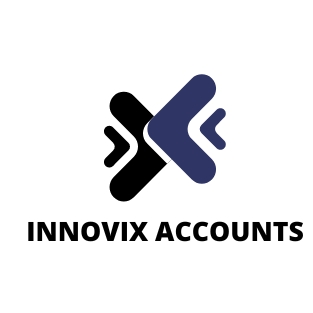Navigating vat compliance: a step-by-step approach
VAT, or Value Added Tax, is a consumption tax placed on a product whenever value is added at each stage of the supply chain, from production to the point of sale. The amount of VAT that the user pays is on the cost of the product, less any of the costs of materials used in the product that have already been taxed.
VAT compliance is essential for businesses as it is a legal requirement in many countries. Failure to comply can result in significant fines, legal repercussions, and damage to a company's reputation. Moreover, proper VAT management can lead to cash flow benefits and a stronger financial standing.
Step 1: Registering for VAT
Businesses must first determine whether they are required to register for VAT. This involves understanding the registration threshold, which varies by country. If your turnover exceeds the threshold, registration is mandatory.
The VAT registration process typically involves submitting an application to the relevant tax authority, providing necessary documentation, and obtaining a VAT number. This process can be complex, and seeking professional guidance can be beneficial.
Step 2: Understanding VAT Rates and Categories
Different goods and services are subject to different VAT rates. It's crucial to apply the correct rate to avoid miscalculations and potential penalties.
Some items may be exempt from VAT or considered out-of-scope. Businesses must understand these categories to ensure accurate VAT treatment.
Step 3: Accurate Record Keeping
Invoices must contain specific information to be VAT-compliant, including the VAT amount and the VAT number of the supplier.
Keeping detailed and accurate records of all VAT-related transactions is a legal requirement and is essential for preparing VAT returns.
Step 4: Preparing and Filing VAT Returns
Businesses must calculate the amount of VAT they owe or are owed. This involves accounting for VAT on sales and purchases.
VAT returns must be filed within specific deadlines, which vary by country. Late filings can result in penalties. Electronic filing is often the preferred method.
Step 5: Managing VAT Payments and Refunds
There are various payment options available, and it's important to adhere to the deadlines to avoid interest and penalties.
If a business has paid more VAT than it has collected, it may be entitled to a refund. Understanding the process for claiming refunds is important for cash flow management.
Step 6: Navigating International VAT Compliance
For businesses engaged in international trade, understanding the VAT rules for cross-border transactions is critical to ensure compliance.
Schemes like the VAT Mini One Stop Shop (MOSS) can simplify VAT compliance for businesses providing digital services across the EU.
Step 7: Leveraging Technology for VAT Compliance
Modern accounting software can assist with VAT compliance by automating calculations and record-keeping.
There are specialized tools available that can help streamline the VAT compliance process, reducing the risk of errors and saving time.






Comments (0)